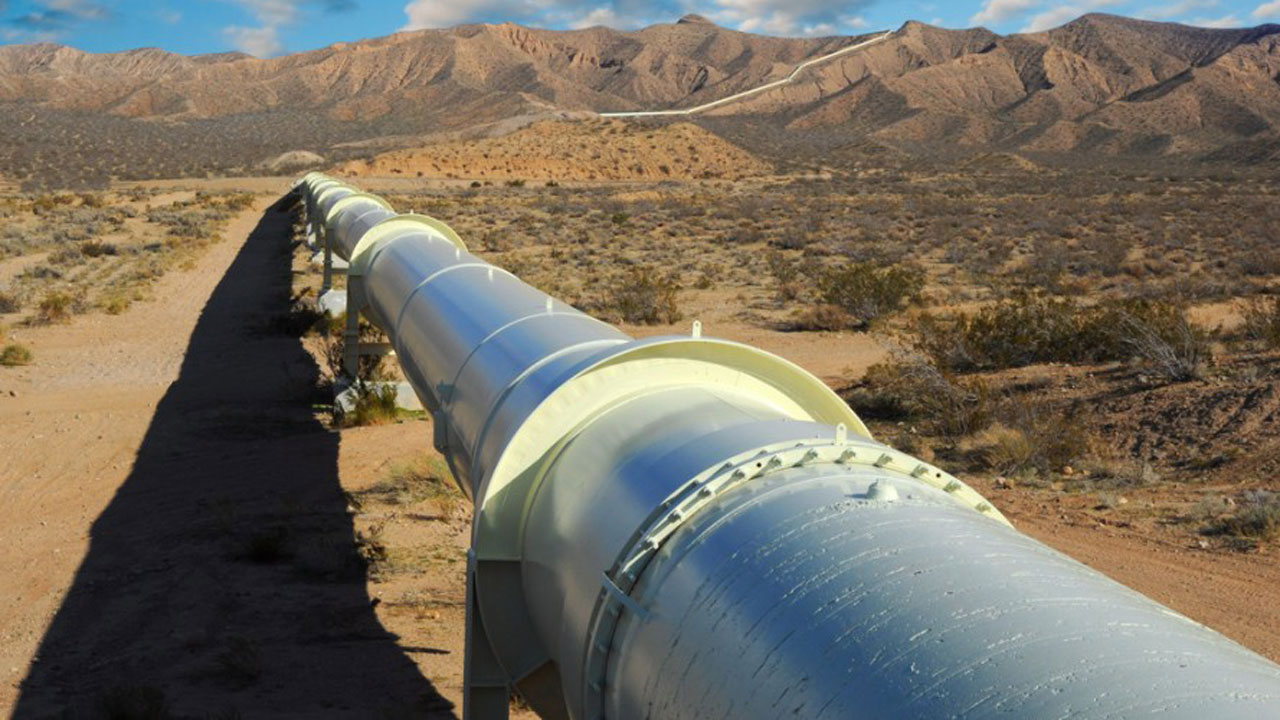
The Project Director and CEO of the Presidential Compressed Natural Gas Initiative, Michael Oluwagbemi, has revealed that the Federal Government plans to create 750,000 jobs by 2027 through the gas initiative.
He revealed this at the PCNGi’s first stakeholders and investors’ forum held in Abuja recently.
He also said the Federal Government was planning to build a gas-powered economy.
Speaking at the forum with the theme ‘Nigeria’s CNG Revolution: Harnessing Opportunities for a Sustainable Future’, Oluwagbemi, noted that the government was looking towards the establishment of 40,000 auto gas conversion workshops and the creation of 750,000 jobs by 2027.
He described CNG initiative as the government’s “ambitious plan to put one million gas-powered vehicles on the road by 2027, at an average annual rate of 250,000 vehicle conversions per year”.
The Project Director noted that given the characteristics of CNG and its benefits as a cheaper fuel, the strategic vision guiding the initiative is to alleviate the cost of living for Nigerians by significantly reducing the cost of transportation, and ultimately improve the standard of living with a cleaner and safer fuel.
“In all of these, our strategic objectives are very clear: How do we reduce the cost of transportation for the common man? How do we make Nigeria’s gas work for him or her? How do we ensure that this gas working for Nigeria gives Nigeria an economic advantage?
“We’re not just focusing on conversion centres but also incentivising investment on the supply side, taking an end-to-end approach,” Oluwagbemi remarked.
He mentioned specific collaborations with the Gas Aggregation Company of Nigeria and its partners to ensure sufficiency on the upstream side.
He added that PCNGi was actively engaging the organised commercial transport operators’ network to integrate six million commercial vehicles into the CNG ecosystem.
Another member of PCNGi, Mr Toyin Subair, stressed the economic advantage of Nigeria adopting CNG as an alternative fuel.
He reaffirmed that the transition was for the betterment of every Nigerian and the country’s economy.
“The good thing about this initiative is that we don’t need to subsidise or buy imported petrol. We (Nigeria) have our gas here, and the six million commercial vehicles (that will be converted) are ours. If we dive into this commercial opportunity, we’ll bring down the cost of transportation for the average Nigerian,” Subair asserted.





